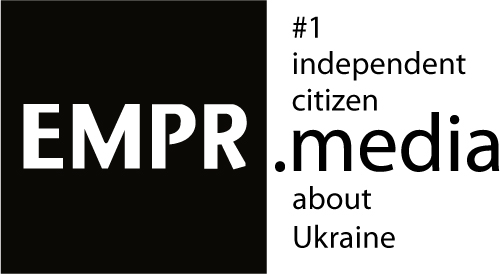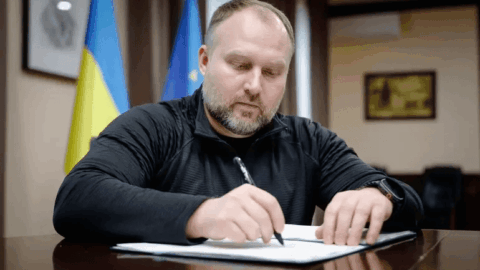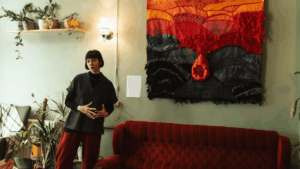In the parliamentary elections in the Czech Republic, the ANO party is winning. Andrej Babiš’s first statements on Ukraine.
According to the results processed from 99% of polling stations, the populist ANO (“Yes”) party of billionaire and former Czech Prime Minister Andrej Babiš is winning the parliamentary elections in the Czech Republic.
Real-time results are being published on the Czech government website Volby.cz. It was reported by Suspilne.
Overall, six parties have surpassed the 5% threshold required to win seats in the lower chamber of parliament.
Babiš’s party is leading with 34.7% of the vote. In second place is the center-right bloc SPOLU (“Together”), led by the current Prime Minister Petr Fiala, with 23.2%. The third spot goes to the centrist STAN (“Mayors and Independents”), which received 11.2%.
Following them are the pro-European centrist Pirati (“Pirate Party”) with 8.8%, the pro-Russian far-right SPD (“Freedom and Direct Democracy”) with 7.8%, and the right-wing Motoriste Sobe (“Motorists”) with 6.8%.
According to the current distribution of votes, ANO will not be able to secure a majority in the future Czech government.
Ceske Noviny also report that Babiš has already announced his intention to negotiate with SPD and Motoriste Sobe to form a single-party cabinet led by ANO.
In a comment to a correspondent from Suspilne currently in Prague, Babiš said he considers the allocation of the Czech budget unfair, noting that part of it goes to support Ukraine, including the Czech initiative to supply ammunition to the Ukrainian Armed Forces. According to him, this should be organized by NATO.
“We help Ukraine through the European Union. The EU supports Ukraine, and this is planned in the next European budget… But if we don’t have funds for Czech citizens for medicine and basic social needs, then, of course, we must take care of them first,” the politician said.
In addition, he believes that Ukraine is not ready to join the European Union, arguing that “the war must be finished first.” However, the ANO leader does not rule out cooperation between Prague and Kyiv.
Meanwhile, Czech President Petr Pavel congratulated ANO and all other parties on their success in the parliamentary elections.
“The results show that voters have clearly reaffirmed our country’s predominantly pro-Western direction. Starting tomorrow, I will lead negotiations on forming a government with the parties that succeeded in the elections and passed the threshold required to enter the Chamber of Deputies,” the Czech leader wrote on X.
He also expressed hope that the country will have a stable government capable of addressing “fundamental issues and ensuring the prosperity and security of its citizens.”
What is known about the parliamentary elections in the Czech Republic
On Saturday, October 4, the two-day voting for the parliamentary elections in the Czech Republic concluded. Polling stations across the country closed at 2:00 p.m. local time (3:00 p.m. Kyiv time). Voter turnout exceeded 50%, and in some districts — over 60%.
Czechs were electing 200 deputies to the lower chamber of parliament under a proportional representation system for a four-year term. To pass the threshold, a party must receive at least 5% of the vote.
These elections were also the first time Czech citizens abroad were able to vote by mail, avoiding the need to visit an embassy in person.
On September 29, it was reported that ahead of the elections, a group of Czech analysts from Online Risk Labs identified 286 anonymous TikTok accounts spreading “pro-Russian narratives and supporting radical parties.”
Tags: Andrej Babiš ANO party czech elections EMPR.media EU politics foreign policy military aid Ukraine



![Austrian Foreign Minister Beate Meinl‑Reisinger and Ukraine’s Foreign Minister Andriy Sybiha meet in Kyiv to discuss humanitarian, energy and reconstruction support. :contentReference[oaicite:2]{index=2}](https://empr.media/wp-content/uploads/2026/02/beata-480x270.png)
















